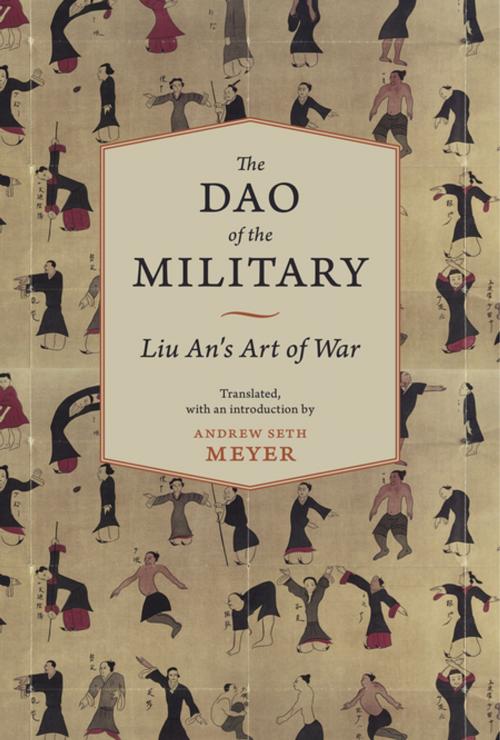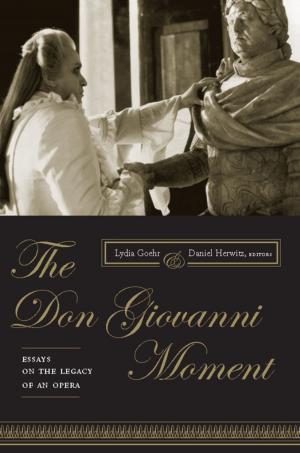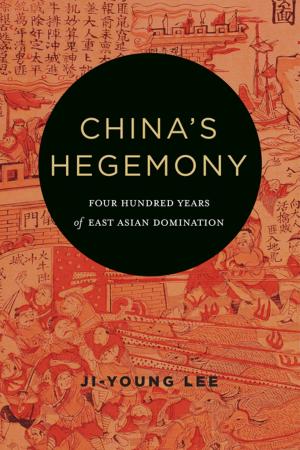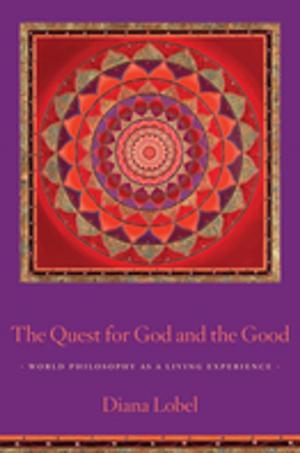The Dao of the Military
Liu An's Art of War
Nonfiction, Religion & Spirituality, Eastern Religions, Taoism, History, Asian, China| Author: | ISBN: | 9780231526883 | |
| Publisher: | Columbia University Press | Publication: | July 3, 2012 |
| Imprint: | Columbia University Press | Language: | English |
| Author: | |
| ISBN: | 9780231526883 |
| Publisher: | Columbia University Press |
| Publication: | July 3, 2012 |
| Imprint: | Columbia University Press |
| Language: | English |
Master Sun's The Art of War is by no means the only ancient Chinese treatise on military affairs. One chapter in the Huainanzi, an important compendium of philosophy and political theory written in the second century BCE, synthesizes the entire corpus of military literature inherited from the Chinese classical era. Drawing on all major, existing military writings, as well as other lost sources, it assesses tactics and strategy, logistics, organization, and political economy, as well as cosmology and the fundamental morality of warfare.
This powerful work set out to become the last word on military matters, subsuming and replacing all preceding literature. Written under the sponsorship of Liu An, king of Huainan, the Huainanzi's "military methods" emphasize the preservation of peace as the ultimate value to be served by the military, insisting that the army can be effectively and rightly used only when defending the sacred hereditary position of the emperor and his vassals. This position stands in stark contrast to that of The Art of War, which prioritizes the enrichment and empowerment of the state. Liu An's philosophy also argues that military success depends on the personal cultivation of the commander and that deception is not enough to secure victory. Only a commander with the exceptional qualities of insight and cognition, developed through a program of meditative practice and yogic refinement, can effectively control and interpret the strategic situation. Andrew Seth Meyer offers both a full translation of this text and an extensive analysis of its historical context. His thorough treatment relates Liu An's teachings to issues in Chinese philosophy, culture, religion, and history, helping to interpret their uncommon message.
Master Sun's The Art of War is by no means the only ancient Chinese treatise on military affairs. One chapter in the Huainanzi, an important compendium of philosophy and political theory written in the second century BCE, synthesizes the entire corpus of military literature inherited from the Chinese classical era. Drawing on all major, existing military writings, as well as other lost sources, it assesses tactics and strategy, logistics, organization, and political economy, as well as cosmology and the fundamental morality of warfare.
This powerful work set out to become the last word on military matters, subsuming and replacing all preceding literature. Written under the sponsorship of Liu An, king of Huainan, the Huainanzi's "military methods" emphasize the preservation of peace as the ultimate value to be served by the military, insisting that the army can be effectively and rightly used only when defending the sacred hereditary position of the emperor and his vassals. This position stands in stark contrast to that of The Art of War, which prioritizes the enrichment and empowerment of the state. Liu An's philosophy also argues that military success depends on the personal cultivation of the commander and that deception is not enough to secure victory. Only a commander with the exceptional qualities of insight and cognition, developed through a program of meditative practice and yogic refinement, can effectively control and interpret the strategic situation. Andrew Seth Meyer offers both a full translation of this text and an extensive analysis of its historical context. His thorough treatment relates Liu An's teachings to issues in Chinese philosophy, culture, religion, and history, helping to interpret their uncommon message.















